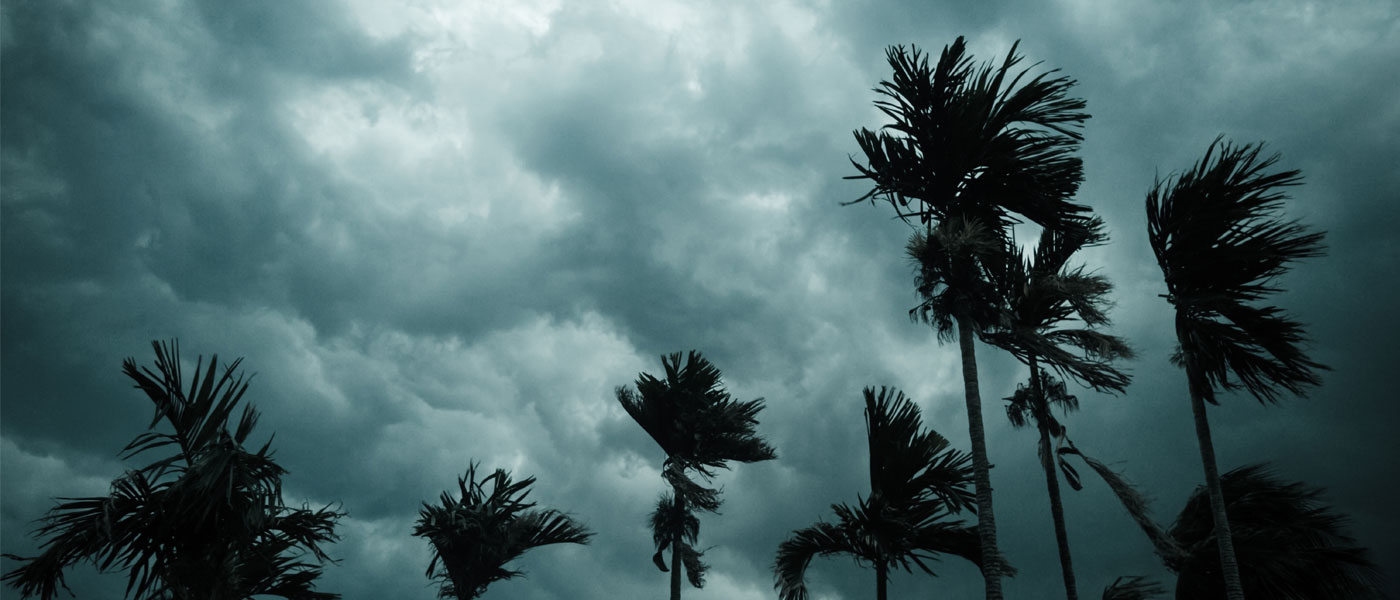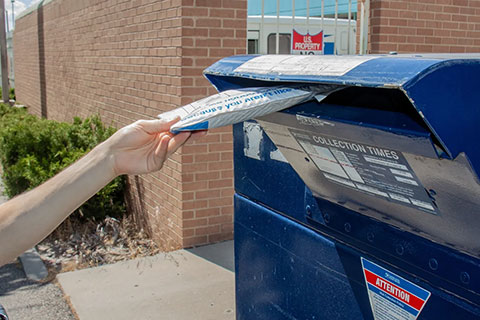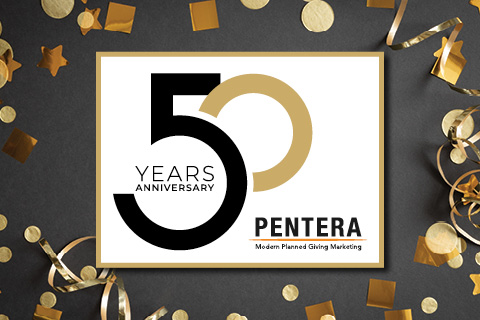
The Pentera Blog
Donors Should Exercise Due Diligence When Responding to Natural Disasters
As victims of hurricanes Fiona and Ian emerge from those devastating storms, we can be confident that Americans will respond with an outpouring of charitable giving. In 2017 and 2018—years impacted by five powerful hurricanes and destructive wildfires—three in ten Americans donated to disaster relief efforts. And in 2020, in response to COVID-19, charitable donations hit a record high.
If the past is prologue, 2022 will again see Americans doing what they can for those affected by Fiona and Ian. However, donors need to be made aware that giving in the aftermath of a disaster presents two big challenges: knowing where their dollars can do the most good and avoiding scammers preying on their goodwill.
For the most effective giving, some experts urge donors to focus on charities located in affected areas. Writing in The Chronicle of Philanthropy, Ben Smilowitz of the Disaster Accountability Project argues that giving to local charities minimizes overhead costs and reduces the time required for donors' dollars to reach those in need. Similarly, philanthropy advisor Kris Putnam-Walkerly, writing in Forbes, argues for donors to support community foundations that are based in affected regions. Because community foundations are well integrated into their communities, she says, they can direct aid dollars to the nonprofits that are best positioned and best able to help.
Donors also need to be wary of scam artists looking to profit from their goodwill. To help them, the FBI has provided a few important tips, including researching charities online, using charity rating services, only donating to charities donors know and trust, and never making charitable donations by gift card or wire transfer. Other tips include avoiding organizations with names that are different from, but very similar to, well-established charities, not clicking on links from sources donors don't know, and reminding donors not to let themselves feel pressured or rushed to make a contribution.
Americans are reliably generous in the face of disaster, but it's important to remind donors that a little research and caution is needed to ensure their dollars are well spent.


